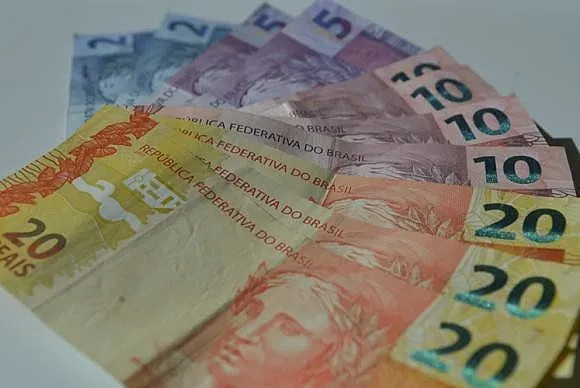The upturn in the Brazilian economy in the period between 2022 and 2023 – the end of Jair Bolsonaro's (Liberal Party) government and the beginning of Luiz Inácio Lula da Silva's (Workers’ Party) third presidential term – led to a drop in unemployment in the country, an increase in workers' incomes and a reduction in extreme poverty. Despite this, the income concentration has increased.
That’s what data compiled by the Brazilian Observatory of Inequalities released on Tuesday (27) show. The observatory is an initiative of the Brazilian Action to Combat Inequalities (ABCD, in Portuguese), launched last year. The action has the support of social organizations, municipal associations, trade unions, class entities, government agencies and the judiciary.
In 2023, for the first time, the observatory presented a compilation of 42 indicators that help measure inequality in Brazil. This year, the monitoring was updated and showed more advances than setbacks.
Of the 42 indicators monitored, 19 improved (44% of the total); 21% worsened; and 14% performed neutrally. A further 21% – or 9 of the 42 indicators – could not be updated because no data was available.
According to the observatory, from 2022 to 2023, there was a 40% drop in the proportion of people facing extreme poverty. The study mentions data from the Brazilian Institute of Geography and Statistics (IBGE, in Portuguese), which considers people whose income is up to BRL 105 (US$19) per month in 2022 and up to BRL 109 (US$19,70) in 2023 to be extremely poor.
The drop in poverty among Black women was even higher: 45.2%.
The observatory also pointed to a reduction of around 20% in unemployment in the country from 2022 to 2023, according to IBGE data. The institute found an increase of around 8.3% in workers' earnings, also mentioned by the observatory.
The rise in percentage points was higher for women than for men: 9.6% and 7.7%, respectively.
Despite this, income inequality has risen slightly in Brazil. In 2022, the richest 1% of the population had an income 30.2 times higher than the poorest 50%. In 2023, the income of the richest rose 31.2 times that of the poorest. "It's very high inequality,” said sociologist Clemente Ganz Lúcio, coordinator of the Forum of Trade Union Centers and one of the observatory's collaborators, in an interview with Central do Brasil, produced by Brasil de Fato.
According to him, inequality in Brazil is a structural problem hard to tackle. “On the other hand, we can already see that, in 2023, as a result of important public policies, especially at the federal level, there was a positive impact on reducing inequality,” he added.
Other areas
In education and health, the proportion of Black women aged 18 to 24 in higher education grew by 12.3%, according to the IBGE. In addition, there was a 14% reduction in mothers aged up to 19 who gave birth to live children, according to the Live Birth Information System (Sinasc, in Portuguese).
In the environmental area, there was a 13.1% drop in deforestation in Indigenous and conservation areas. The drop was most significant in northern Brazil: 46.4%. The data was collected by the Peregum Black Reference Institute.
Worsening
On the other hand, there was an increase in malnutrition among Indigenous children between 2022 and 2023, something that, according to the Inequality Observatory, is a red flag for an “emerging crisis”. “Among the possible causes of this worsening are both geographical and structural racism, which makes Indigenous people invisible in urban contexts and imposes barriers to access services,” says the organization's report.
There was also a 5% increase in infant mortality between 2021 and 2022, and a 22% increase in deaths from preventable causes in the same period.
The observatory's report also states that, from 2019 to 2022, the housing deficit grew to 6.4 million houses. Carbon emissions, which cause the greenhouse effect, grew by 30% over the same period.
“About the housing deficit, data up to 2022 show there has been an increase. When these indicators are updated, we will probably see that the resuming My House, My Life Program (Minha Casa, Minha Vida, in Portuguese) will reduce these numbers,” said Ganz Lúcio.




